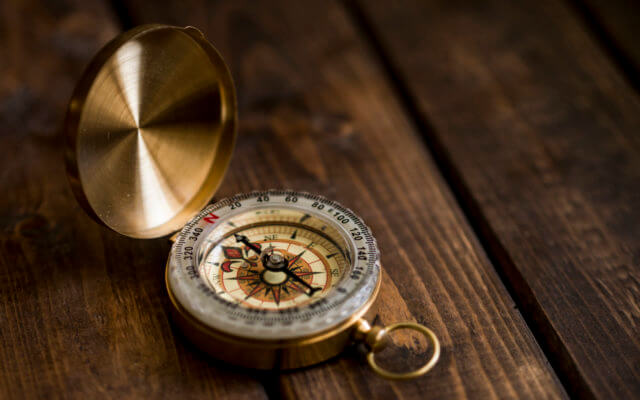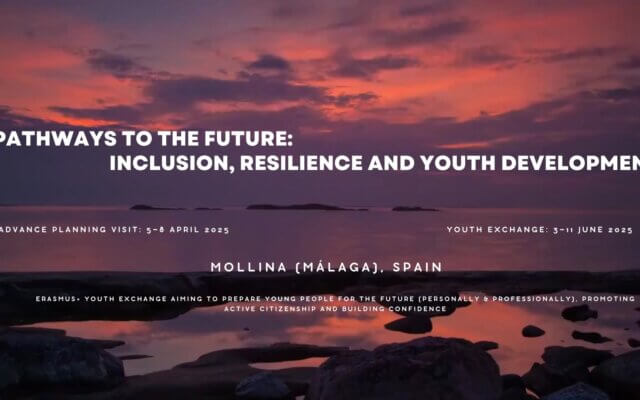Programme: Erasmus+, Key Action 1: youth exchange
Venue: Biały Dunajec, Poland
Datesí: 1—8 August 2021
National group size: 5+2 group leaders
Please read the info-pack.
Participating countries: Poland, Slovakia, Serbia, Czech Republic, Lithuania, Croatia
Hosting organisation: Fundacja Active Kids
Czech participants: Michaela Tobiášová, David Gulaš
Videos from the project:
Project report:
It’s the evening of August 1st, 2021 and we are arriving at a mountain cabin in Bialy Dunajec, Poland. We are going to stay here until August 8th, participating in Youth Exchange called “Green Kiwi”. The mountain scenery around us is beautiful. It will help us to be motivated to fulfil the project’s goal – learn how to be more eco-friendly.
The original plan of the project was to have 5 participants from these countries: Poland, Slovakia, Serbia, Lithuania, Croatia and Czechia. Because we are still in the middle of a pandemic, it wasn’t possible to fulfil this plan. Instead, our group consisted of 2 Czechs, 1 Slovak, 3 Croatians, 3 Lithuanians, 5 Ukrainians and 6 Spanish people.
The team building activities ensured we felt like a big family after the first day. During the rest of the project, we focused on activities connected to ecology. Through the activities, we became aware of the ecological consequences of different actions. We learnt how many resources does it take to produce a Tetra Pak food package, kilogram of beef or a simple T-Shirt. With this information, we were all eager to learn about actions we can implement ourselves to minimize the pollution of our planet. We ended our educational journey by creating a series of short videos with a vision to inspire other people to think about their actions in connection to our planet.
The more relaxed part of the program I didn’t yet mention was two trips that the organization prepared for us. The first one was a 20km hike to a beautiful mountain lake called “Morskie Oko”. The second one was to an iconic mountain town – Zakopane.
Honouring the Erasmus+ tradition, we spent our evenings presenting our countries to others. Through this experience, we learnt about the participating countries, their traditional food, drinks, clothes and dances. Where else than in the Erasmus+ project can you try Lithuanian Šakotis, Ukrainian cheese and Spanish Sangria all in one week?
The project was an enriching experience. I am equally grateful to the Polish host organization and EYCB for the opportunity to participate in the project.
And If you’re thinking about applying to an Erasmus+ project yourself – JUST DO IT.
David Gulas, 2021


